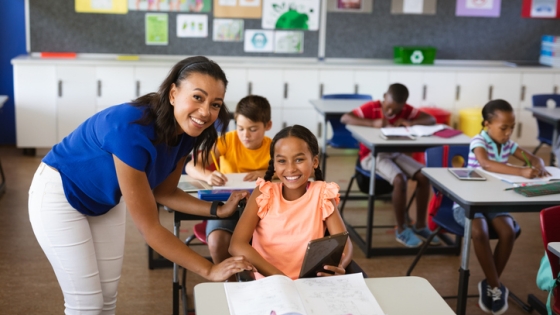
What We Do
At the Institute for Healing and Belonging in Schools, we provide transformative learning experiences that equip educators and school leaders with the tools to create supportive and inclusive environments for students. Grounded in research and innovative practices, our services combine visionary thinking with practical strategies to reimagine education as a space for connection and growth.
Our Areas of Interest
We structure our work around three key themes:
Freedom Dreaming to Reimagine Schools
A visionary experience where educators and school leaders reimagine and co-create liberatory, healing-centered learning environments for students.
Healing from Polarization
Rooted in restorative practices, this series equips educators with practical strategies to build trust, bridge differences, and strengthen relationships within school communities.
Integrating Healing-Centered Practices into CRSE
A hands-on training guiding educators in embedding healing-centered, trauma-informed approaches within Culturally Responsive-Sustaining Education (CRSE) frameworks.
How do we work with Schools & Educators
We offer a range of engagement formats to meet the needs of schools, districts, and education organizations:
Professional Development and Workshops
Engaging, research-based training sessions designed to introduce and deepen understanding of healing-centered and equity-driven practices.
Cohort Experiences & Professional Learning Communities (PLCs)
Sustained learning communities where educators collaborate, reflect, and build lasting relationships as they implement healing-centered strategies.
Resource Development
Custom toolkits, curriculum resources, and implementation guides tailored to support healing-centered, CRSE-aligned teaching and leadership practices.
One to Three Day Institutes
Immersive, intensive learning experiences where educators and leaders develop actionable strategies to transform their school cultures.
Coaching & Technical Assistance
One-on-one and small-group coaching to provide personalized support, guidance, and troubleshooting as educators and leaders implement healing-centered and equity-driven initiatives.
Expected Outcomes
By engaging with our services, educators, students, and school communities will experience deep, transformative shifts:
Empowered Educators Who Lead with Healing & Justice
Educators will gain research-backed strategies to integrate trauma-informed, healing-centered practices into their classrooms and leadership, ensuring every student experiences safety, belonging, and joy in learning.
Stronger Student Engagement & Academic Success
When schools center healing and belonging, students feel valued and supported, leading to improved academic performance, greater emotional resilience, and a deeper connection to their learning journey.
Thriving School Communities Built on Trust & Relationships
Schools will cultivate deep trust, bridge differences, and nurture meaningful connections among educators, students, and families—creating a culture where every member of the community feels seen and heard.
Equitable, Inclusive, and Culturally Responsive Learning Environments
Educators will embed healing-centered approaches into CRSE frameworks, ensuring every student—especially those from historically marginalized communities—sees themselves reflected, valued, and supported in their learning journey.
Sustainable Educator Well-Being & Collective Care
Through intentional reflection, peer support, and self-care strategies, educators will strengthen their own well-being, reducing burnout and fostering long-term commitment to their profession, which directly impacts the stability and consistency students need.
Transformed School Culture that Centers Healing & Liberation
Schools will move beyond punitive and compliance-based models to actively co-create spaces where joy, justice, and holistic well-being are central—ensuring students and educators alike can thrive in an environment built on care, equity, and possibility.
Partner With Us
We collaborate with schools, districts, and organizations to design learning experiences that align with your unique needs. Contact us to explore how we can support your team!
Metro Center Intake Form
This Intake Form should be completed only if you are interested in a fee for service partnership with NYU Metro Center. We are excited for new collaborations or partnerships and can't wait to serve your community!
Please fill out the Intake Form here
